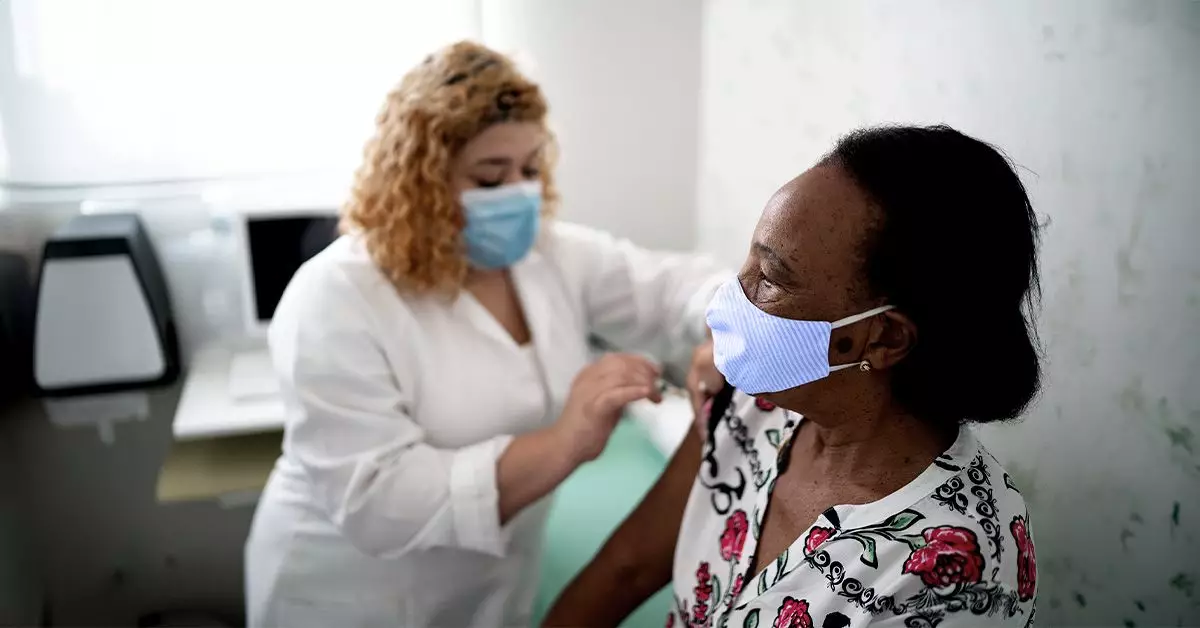When it comes to managing allergies, Medicare offers coverage for allergy shots that are deemed medically necessary. This form of treatment, known as subcutaneous immunotherapy, involves receiving allergy shots over a period of time to reduce the body’s immune response to specific triggers. However, in order for Medicare to cover these shots, they must be administered by a doctor with experience in immunotherapy and take place in a clinical setting equipped to handle potential allergic reactions.
Medically Necessary Conditions for Medicare Coverage
Medicare will only approve payment for allergy shots in cases where a doctor deems them medically necessary. This means that the individual must be experiencing chronic allergic reactions that do not respond to over-the-counter treatments. Additionally, Medicare will consider factors such as the severity of the allergy, the individual’s response to previous treatments, and the recommendation of the treating physician before approving coverage for allergy shots.
While Medicare does cover allergy shots for certain conditions, there are limitations to coverage. For example, Medicare considers some uses of allergic immunotherapy, such as food allergies, non-allergic asthma, and migraine headaches, to be investigational or experimental and therefore not medically necessary. Coverage for allergy shots is evaluated on a case-by-case basis, and Medicare will stop paying for the treatment if the individual does not show clinical improvement after 2 years.
Medicare Part B covers allergy shots when administered on an outpatient basis, with Medicare paying for 80% of the treatment costs. The remaining 20% is the responsibility of the individual receiving the shots. Additionally, Medicare Part C, also known as Medicare Advantage, includes coverage for allergy shots as part of its benefits. It’s important to note that coverage under Medicare Advantage may vary depending on the private insurance company administering the policy.
Medigap Coverage for Allergy Shots
For individuals looking to offset the out-of-pocket costs associated with Medicare coverage for allergy shots, Medigap or supplemental insurance can be a helpful option. This private plan can assist in covering the 20% coinsurance required under Medicare Part B for allergy shots. Understanding the costs associated with allergy shots is essential, as they can vary depending on factors such as the level of coverage, the components in the shots, and the frequency of administration.
Medicare coverage for allergy shots is available for individuals who meet the criteria for medically necessary treatment. Understanding the conditions and limitations of this coverage is crucial in order to make informed decisions about managing allergies and seeking appropriate treatment options. By working with qualified healthcare providers and understanding the terms of Medicare coverage, individuals can access the necessary care and support for managing their allergic reactions.

